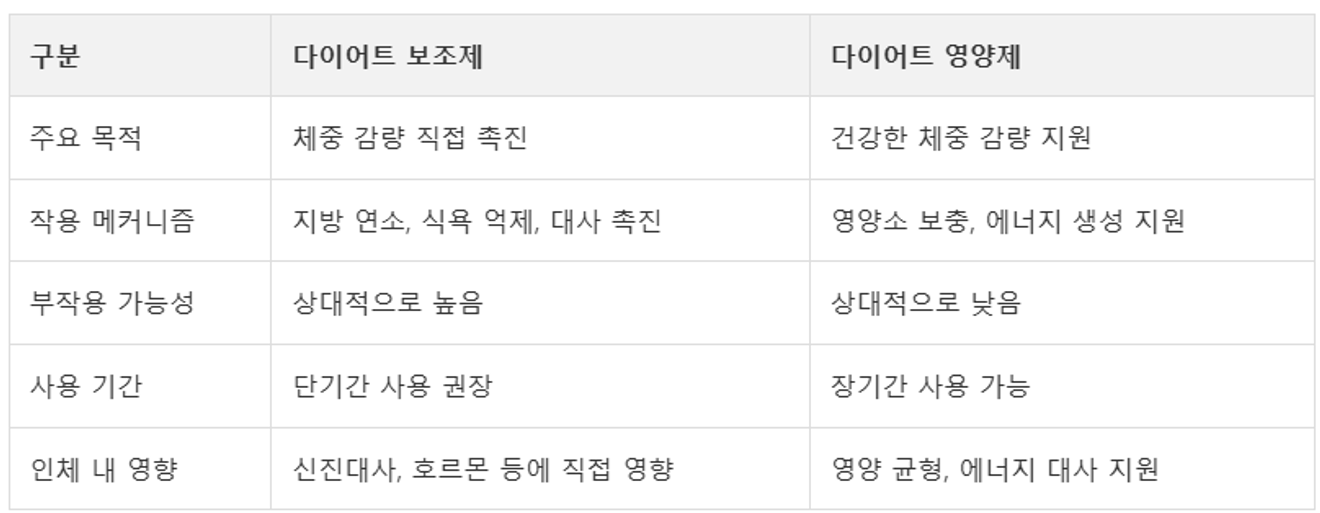Subject
- #Diet Nutritional Supplements
- #Nutrient Intake
- #Weight Loss
- #Diet Supplements
- #Health Management
Created: 2025-03-18
Created: 2025-03-18 14:17
Considering supplements or nutritional supplements for weight loss? While these two seem similar, they actually have significant differences in purpose and effect. This article will delve into the differences between diet supplements and diet nutritional supplements, and explore how to choose the right product for you.
Diet supplements are products aimed at directly assisting with weight loss. They mainly perform the following functions.
Promote fat burning
Increase metabolism
Suppress appetite
Block carbohydrate absorption
Promote water excretion
Caffeine: Increases metabolism, enhances energy
Green tea extract: Promotes fat burning
Garcinia Cambogia: Appetite suppression, fat production inhibition
L-carnitine: Promotes fat burning
Conjugated linoleic acid (CLA): Reduces body fat, maintains muscle mass
Diet nutritional supplements are products that supplement the nutrients needed to support a healthy weight loss process. They mainly perform the following functions.
Maintain nutrient balance
Support energy production
Prevent muscle loss
Strengthen the immune system
Maintain hormone balance
Vitamin B complex: Supports energy metabolism
Magnesium: Maintains muscle function, reduces stress
Protein supplements: Maintains muscle, increases satiety
Omega-3 fatty acids: Reduces inflammation, balances hormones
Vitamin D: Hormone balance, supports weight management

When rapid weight loss is needed in a short period
When metabolic activity is slow
When appetite control is difficult
When increased energy before exercise is needed
When balanced nutrient intake is difficult
When you want a healthy and sustainable diet
When you want to lose weight while maintaining muscle mass
When nutritional deficiencies due to dieting are a concern
Diet Supplement Side Effects:
Increased heart rate, anxiety (caffeine, etc.)
Digestive problems (diarrhea, nausea)
Sleep disturbances
Increased blood pressure
Liver dysfunction (some ingredients)
Diet Nutritional Supplement Side Effects:
Nutritional imbalance with excessive intake
Digestive problems with excessive intake of some minerals
Allergic reactions (if sensitive to certain ingredients)
Diet Supplements:
Take 30 minutes before meals or as directed
Do not exceed the recommended dosage
Late evening intake may affect sleep
Take a break of at least 2 weeks every 8 weeks
Drink plenty of water
Diet Nutritional Supplements:
Take with or after meals
For multivitamins, it is recommended to take after breakfast
Fat-soluble vitamins (A, D, E, K) have increased absorption with fat intake
Take regularly at a consistent time
Supplements and nutritional supplements are only aids to dieting; they cannot replace healthy lifestyle habits. Practicing the following tips will lead to more effective dieting:
Balanced diet: Consume protein, healthy fats, and complex carbohydrates appropriately
Regular exercise: Combine aerobic and strength training
Sufficient sleep: 7-8 hours of quality sleep
Stress management: Stress increases cortisol secretion, promoting weight gain
Hydration: Drink at least 2 liters of water a day
Keep a food diary: Helps objectively understand and improve eating habits
Diet supplements can help with rapid weight loss in the short term, but they carry the risk of side effects. On the other hand, diet nutritional supplements support healthy weight loss and can be used long-term.
The ideal approach is to base your efforts on a balanced diet and regular exercise, supplementing with appropriate supplements or nutritional supplements as needed. Regardless of which product you choose, it is important to consult a professional and select a product that suits your health status and goals.
Remember that healthy dieting is not merely about weight loss, but a process of improving overall health and well-being. Good luck on your healthy weight loss journey!
※ This article is for general informational purposes only and does not constitute medical advice. Always consult a doctor or nutritionist before taking diet supplements or nutritional supplements.
Comments are disabled for this post.